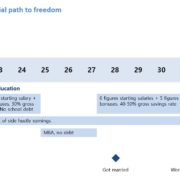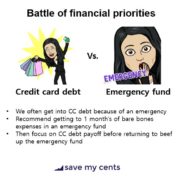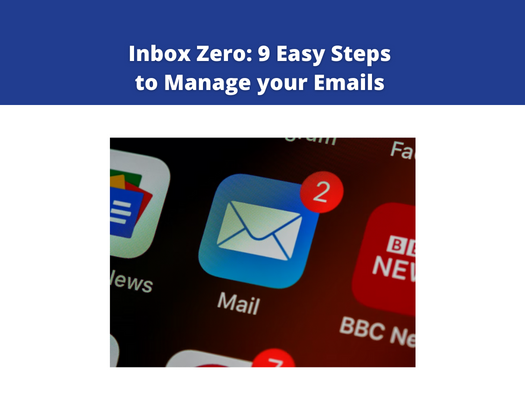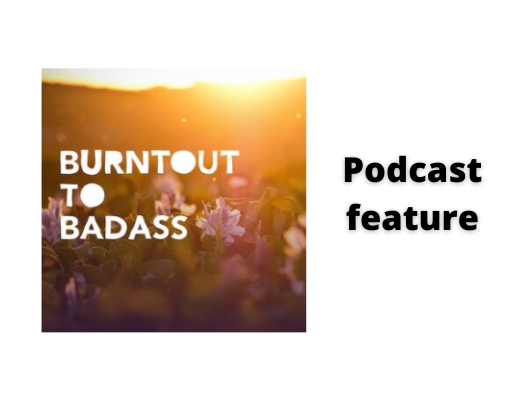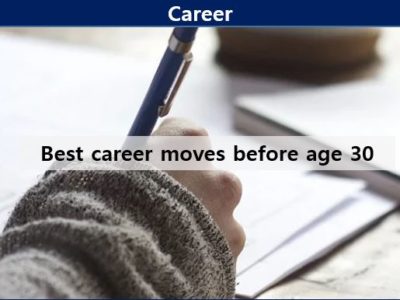Both Mr. Save My Cents and I know something about being rejected countless times when trying to find new employment. For me, it was trying to gun for an internship my junior year and facing over 100 rejected applications. For him, it was a year of not being employed by a company (he was doing independent consulting) and having to change industries altogether after finding out his original industry had been eaten up by automation.
Work and self identity are super closely entwined, especially because without work, we cannot even have basic decencies of supporting ourselves, keeping a safe roof, and eating. While I do say later that my work is not my self worth, let’s face it, work is important. Employment is important. We as humans, are built for work, not for sitting idle. Work can bring a lot of meaning, and that is why I always, always respect the hustle.
Let’s say you’ve been job searching for months now with no luck. Covid-19 is not making anything better. You are losing hope. What can you do?
Recognize the mental health impact of long-term unemployment – self care is important
Long-term unemployment can lead to depression in not only the person seeking employment, but also the people around them. During Mr. Save My Cents’s job search, I too was doing what I could every day to support him, be it networking with friends, helping with interview prep, or just listening. However, the stress of a spouse not being employed weighed on me. Unbeknownst to me, I started holding the anxiety in my shoulders (lots of shoulder knots), and developed brain fog. I was trying to get promoted, and try as I might, my work suffered. I could not concentrate and create the best analyses, and my mood rubbed off on the people I managed. It was not until I was halfway through when I realized that I needed to take a few sick days off to recover. I wished I’d done that more, and not held on to my sick days.
I am enough
Once I did start taking a sick day here and there, I started saying a new mantra to myself. It was “I am enough, and I am smart”. I was so convinced during my brain fog that something was wrong with me, and I said this mantra to help me rise above the brain fog and recognize that I’m in a difficult season of life.
Stay positive with “I Get To”
I know this is trite. How do you stay positive when there is no positive news and no hope? How can anyone say that? And yet, a positive, abundant mindset is needed especially when the going gets tough. Successful people are those who do not give up, and persist against all odds. Entrepreneurs who succeed know all about failure and rejection. They see it daily.
Did you know that hiring managers can pick up on negativity in your interview? If you go into an interview with a negative mindset, you’re more likely to talk down about yourself, slip up and say something negative about your past employer, and not appear as excited about the very role you want. This is why it’s important to maintain a positive mindset.
Check in with the people you spoke to throughout your job search
For any job search, I make it a habit to update (using a DIY mailing list) every person I’ve connected with, about once a month, to update them. In these emails I typically do a brief rundown of what I’m up to, but I also try to add value by sharing insights that might be relevant (usually the list consists of people largely in the same industry). Over my lifetime I’ve only had two people ever ask to be removed from my updates. I disband the list upon getting a job offer. This mailing list technique was key to getting one of my jobs, and helps your advocates stay in touch with your journey when they might be too afraid to ask how you are doing – for fear of it being an uncomfortable conversation.
Find ways to volunteer or work for recommendations
It is not uncommon for me to see resumes with long unemployment breaks where people end up doing a plethora of projects as “independent consultant”. Hiring a full time employee takes a lot of coordination and resources. Having an independent consultant weigh in on a smaller project, is an easier ask. Consider the people you know and those in your networks – could they use help somewhere and can you help them? Find ways to do work that keeps you busy, in exchange for another bullet on your resume and a glowing recommendation.
Keep a daily routine
I like scheduling breakfast meetings. In particular, this is a big trick to get time with senior executive people whose days are usually crammed from 8AM onwards. In addition, by forcing myself to wake up early, I get out of the house and am less likely to sit depressed at home. Actual movement – physical movement – can help us find meaning in an individual day.
Above else, hold on to hope
You only need one job offer. And in many cases of rejections, sometimes the rejection is not about you – it could be that a company itself did not know who they wanted to hire, or maybe funding dried up. Try – I know it is hard – not to take the rejections personally and keep your head high.
My favorite networking book, by the way, is “Give and Take: Why Helping Others Drives Our Success“. If you feel really stuck on ideas on how to network, I think that this book can offer some really interesting ideas for networking in the modern age.
You can find me rambling daily on Instagram @savemycents. Feel free to reach out there with any questions.

